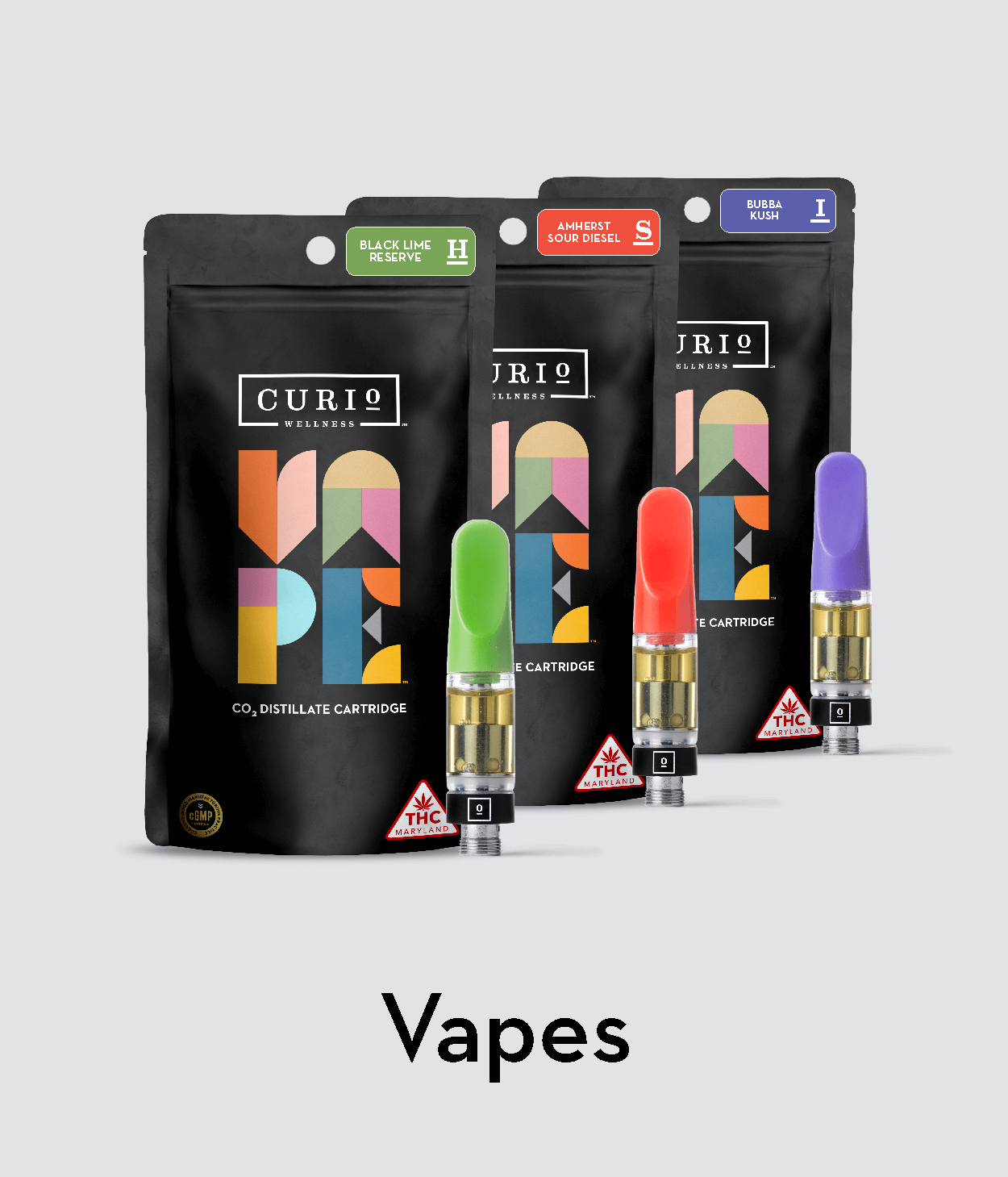Cerebral Success: The Rise and Fall of a Cognitive Enhancement Brand
The story behind cerebral success
Cerebral success burst onto the scene as a cognitive enhancement supplement company with big promises and fifty bigger ambitions. Found by Trevor hilt brand, the company gain national attention when it appears on the hit TV show shark tank in 2014. The flagship product, smart, was market as a nootropic supplement design to enhance focus, memory, and mental performance.
The company position itself at the intersection of the growth nootropics market and the competitive academic and professional landscapes where mental performance is extremely value. With sleek marketing and bold claims about improve cognitive function, cerebral success initially capture the interest of consumers look for an edge in their mental performance.
The shark tank effect
Cerebral success experience what many entrepreneurs dream of – a successful pitch on shark tank that result in a deal. Barbara Corcoran invest $75,000 for a 25 % stake in the company, value it at $$300000. This national television exposure prprovidesn immediate boost to the brand’s visibility and credibility.
Follow the shark tank appearance, sales reportedly skyrocket, and the company expand its product line and distribution channels. The” shark tank effect ” ive cerebral success a significant advantage over competitors in the crowded supplement market. For a time, it seseemsike the company was on a trajectory for long term success.
Market challenges and competition
Despite its promising start, cerebral success face significant challenges in the nootropics market. The supplement industry is notoriously competitive, with low barriers to entry and constant innovation. New competitors emerge regularly, many with similar formulations but different marketing strategies or price points.
Establish brands with larger marketing budgets and more extensive distribution networks besides pose a threat. Companies like innit, with its alpha brain supplement, and quality mind had secure significant market share and build loyal customer bases. These competitors oftentimes have more comprehensive research back their formulations or stronger brand recognition.
Additionally, the market become progressively sophisticated, with consumers demand more scientific evidence for product claims. This shift creates challenges for brands like cerebral success that rely hard on market kinda than extensive clinical studies.
Regulatory scrutiny and compliance issues
One of the well-nigh significant factors that potential contribute to cerebral success’s downfall was increase regulatory scrutiny of the supplement industry. The food and drug administration (fFDA)and the federal trade commission ( (cFTC)ve become more aggressive in monitor and enforce regulations regard supplement claims.
Brain enhancement supplements face particular scrutiny because of the nature of their claims. Statements about improve cognitive function, enhance memory, or boost mental performance must be cautiously word to avoid cross the line into unsubstantiated health claims. Many companies in this space have received warning letters or face legal action from regulatory agencies.
While there be no public record of cerebral success specifically receive warning letters from the FDA or FTC, the increase regulatory pressure on the industry as a whole create a more challenging business environment. Compliance costs increase, and the risk of regulatory action become a significant concern for companies make cognitive enhancement claims.
Formulation and efficacy concerns
Another challenge for cerebral success was related to its product formulation and efficacy. Thesmartx formula contain a blend of ingredients includesBacona bonnier, hsuperfineaavinpocetine, and other compounds normally find in nootropic supplements. Nonetheless, the specific dosages and combinations use in proprietary blends have been a point of contention in the industry.
Consumer reviews of smart were mixed, with some users report positive effects while others experience no noticeable benefits or report side effects. This inconsistency in user experience is common with nootropic supplements, but it can lead to customer dissatisfaction and reduce repeat purchases.
As the market evolve, consumers become more educate about nootropic ingredients and their effective dosages. Products that didn’t provide transparent information about exact ingredient amount or that use suboptimal dosages face increase criticism from informed consumers and industry experts.
Supply chain and manufacturing challenges
The supplement industry rely intemperately on complex supply chains for raw materials and contract manufacturing. Smaller companies like cerebral success oftentimes face challenges maintain consistent quality and supply, peculiarly when scale up operations rapidly after events like a successful shark tank appearance.
Supply chain disruptions, quality control issues, or manufacturing problems can importantly impact a supplement company’s ability to fulfill orders and maintain product consistency. While there be no public information specifically attribute these issues to cerebral success’s decline, they’re common challenges in the industry that can contribute to a company’s downfall.
The global disruptions in supply chains that occur in recent years have been peculiarly challenge for supplement companies, with raw material shortages, price increases, and logistics problems affect many businesses in this sector.
Financial management and scaling issues
Rapid growth follow media exposure can be a double-edged sword for small companies. The sudden increase in demand requires significant capital investment in inventory, marketing, and operations. Without proper financial management and planning, companies can face cash flow problems despite strong sales.
For cerebral success, the initial investment from Barbara Corcoran provide some capital, but scale a supplement business require ongoing investment in product development, marketing, inventory, and compliance. If the company struggle to manage this growth efficaciously, it could have faced financial difficulties despite have a popular product.
Additionally, the supplement industry typically operates on comparatively thin margins, peculiarly when account for the high customer acquisition costs in the direct to consumer market. Companies need to maintain a delicate balance between spending on growth and maintain profitability.
Change consumer preferences
The nootropics market has evolved importantly since cerebral success launch. Consumer preferences have shift toward more comprehensive approaches to cognitive enhancement, include lifestyle factors, nutrition, and more target supplement regimens.
Products that focus only on short term cognitive enhancement have face increase competition from more holistic brain health supplements that address long term cognitive function, stress management, and overall mental wellbeing. This shift may have leave cerebral success’s positioning and product offer out of step with evolve market demands.
Additionally, consumers have become more skeptical of supplements make broad cognitive enhancement claims without substantial scientific backing. This increase skepticism has made it more difficult and expensive to acquire and retain customers in the nootropics space.
Distribution and marketing challenges
Initially, cerebral success benefit from the exposure provide by shark tank, but maintain momentum in the supplement industry require ongoing, substantial marketing investment. As the” shark tank effect ” ane, the company would have need to develop effective, sustainable marketing strategies to cocontinue to acquireustomers.
Digital advertising costs have increase importantly in recent years, make customer acquisition more expensive. Additionally, platforms like Facebook and Google have implemented stricter policies regard supplement advertising, limit the marketing options available to companies in this space.
Distribution challenges may likewise have played a role in the company’s decline. While cerebral success products were availablonlinene and in some retail locations, secure and maintain shelf space in major retailers require significant resources and oftentimes involve costly slotting fees and promotional requirements.
The aftermath and legacy
The exact timing and circumstances of cerebral success cease operations aren’t wide document in public sources. Still, the company’s website is no yearn active, and its products are loosely unavailable from major retailers, indicate that the business has so close.
Barbara Corcoran, who invest in the company on shark tank, has not publically discussed the specific reasons for the company’s closure. Without official statements from the founder or investors, the exact combination of factors that lead to the company’s demise remain moderately speculative.
Nonetheless, cerebral success represent an interesting case study in the challenges of build and sustain a supplement business, peculiarly in the competitive nootropics’ category. The company’s journey from shark tank success to eventual closure illustrate the complex interplay of factors that determine a supplement brand’s longevity.
Lessons for the supplement industry
The rise and fall of cerebral success offer several valuable lessons for entrepreneurs in the supplement industry:
- Media exposure can provide a valuable boost but must be leverage into sustainable marketing strategies
- Scientific credibility and transparency are progressively important to consumers
- Regulatory compliance require ongoing attention and investment
- Scale operations require careful financial management and planning
- Product efficacy and consistent quality are essential for customer retention
- Adapt to change consumer preferences is crucial for long term success
These lessons are peculiarly relevant in the nootropics’ category, where scientific skepticism, regulatory scrutiny, and educate consumers create a challenging business environment.
The current state of the nootropics market
While cerebral success may nobelium proficient be ooperated the nootropics market continues to grow and evolve. The global brain health supplements market is project tocontinue to expandd, drive by increase consumer interest in cognitive enhancement and mental performance.
Current successful players in the market tend to share certain characteristics:

Source: dreamstime.com
- Strong scientific backing and research partnerships
- Transparent formulations with clear disclose ingredient dosages
- Comprehensive approaches that address multiple aspects of cognitive function
- Effective digital marketing strategies and strong brand identities
- Diverse distribution channels include direct to consumer and retail presence
These companies have learned from the challenges face by earlier market entrants like cerebral success and adapt their business models consequently.
Final thoughts on cerebral success
The story of cerebral success illustrate both the opportunities and challenges in the supplement industry. While the company achieve the entrepreneurial milestone of secure a shark tank investment and experience initial success, it finally couldn’t sustain its business in the face of industry challenges.
Without definitive information from the company’s founder or investors, we can simply analyze the likely factors that contribute to its closure base on industry knowledge and patterns observe in similar companies. The combination of regulatory pressures, fierce competition, change consumer preferences, and the inherent challenges of scale a supplement business potential all play a role in the company’s ultimate fate.

Source: sheownsit.com
For consumers and entrepreneurs likewise, the cerebral success story serve as a reminder of the importance of due diligence when evaluate supplement companies and their claims. The virtually sustainable businesses in this space tend to be those that prioritize scientific validity, regulatory compliance, and genuine consumer value over short term marketing hype.
While cerebral success may nobelium proficient be active in the market, its brief prominence helped bring attention to the ggrowthfield of nootropics and cognitive enhancement supplements, contribute to the evolution of an industry that continue to seek the balance between commercial success and scientific credibility.



